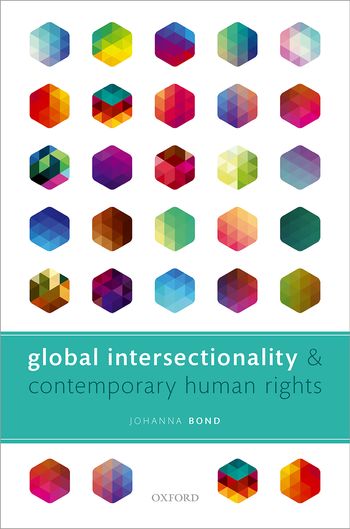
Global Intersectionality and Contemporary Human Rights argues for an expansive definition of human rights, one that encompasses the harm caused by multiple, intersecting forms of subordination. Intersectionality theory posits that aspects of identity, such as race and gender, are mutually constitutive and intersect to create unique experiences of discrimination and subordination. Perpetrators of sexual violence in armed conflict, of example, often target women based on both gender and ethnicity. Human rights remedies that fail to capture the intersectional nature of human rights violations do not offer comprehensive redress to victims.
This title explores the influence of intersectionality theory on human rights in the modern era and traces the evolution of intersectionality as a theoretical framework in the United States and around the world. It draws upon feminist theory and human rights jurisprudence to argue that scholars and activists have under-utilized intersectionality theory in the global discourse of human rights. As the central intergovernmental organization charged with the protection of human rights, the United Nations has been slow to embrace the insights gained from intersectionality theory. This work argues that the United Nations and other human rights organizations must more actively embrace intersectionality as an analytical framework in order to fully address the complexity of human rights violations around the world.